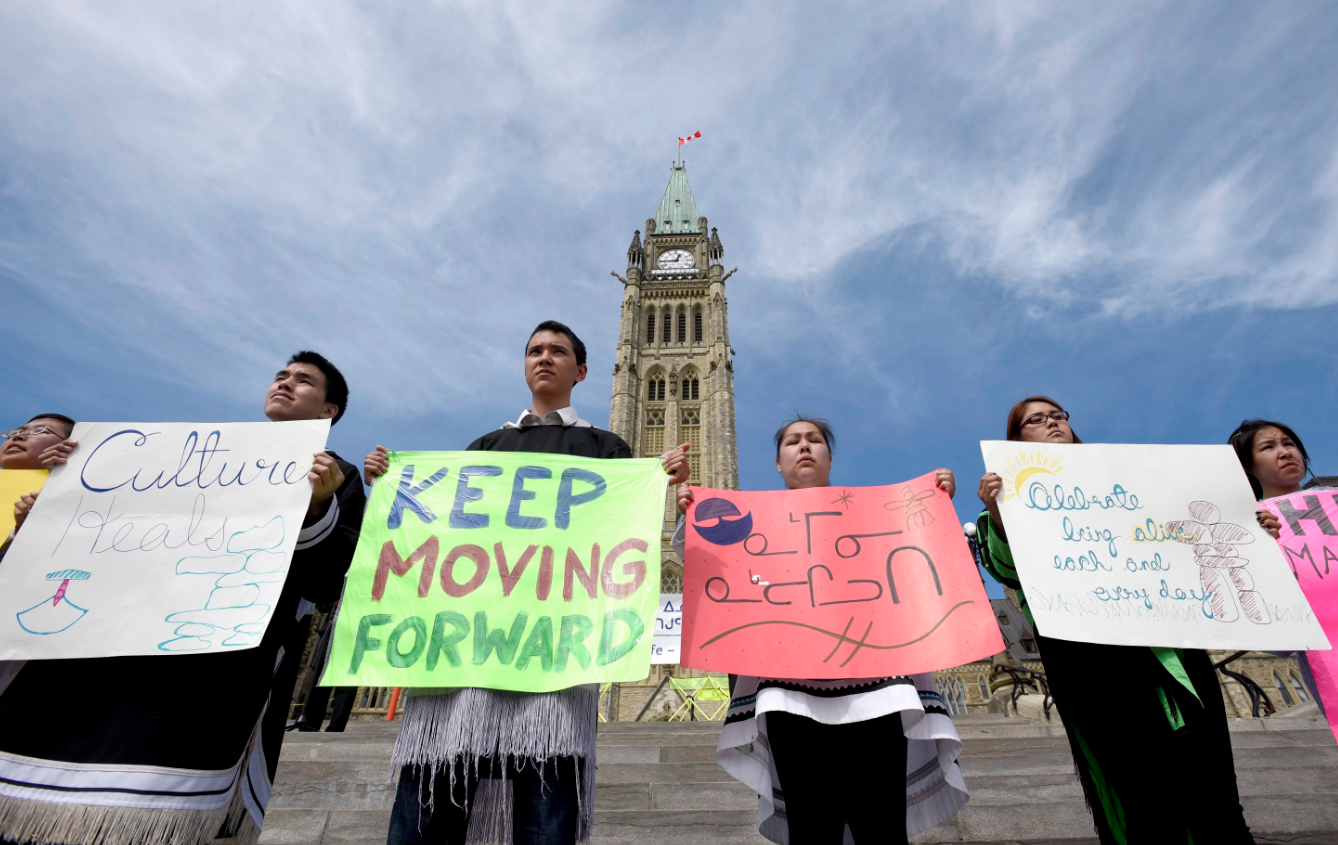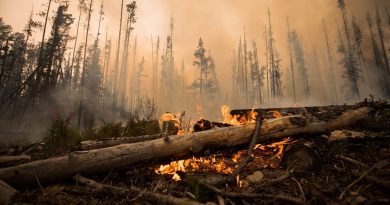Nunavut declares suicide crisis in territory

The premier of Canada’s eastern Arctic territory of Nunavut officially declared suicide a crisis in the region in remarks made on Thursday.
Taptuna’s decision came a month after an inquest into the territory’s high suicide rate – which is 10 times that of southern Canada – was held.
Among other recommendations, the jury asked the Government of Nunavut to declare suicide in the territory a public health emergency and to appoint a minister responsible for suicide prevention.
In the Nunavut Legislative Assembly on Thursday, Taptuna did both, also appointing Nunavut’s health and justice minister, Paul Okalik, as the new minister of suicide prevention.
The Government of Nunavut did not immediately return requests seeking comment for this story.
Related stories from around the North:
Canada: The elephant in the room – Mental health in Arctic communities, Blog by Heather Exner-Pirot
Finland: OECD ‘concerned’ over high suicide rates in Finland, YLE News
Russia: Why high suicide rates in Arctic Russia?, Blog by Deutsche Welle’s Iceblogger
Sweden: Gender stereotypes behind high suicide rate, Radio Sweden
United States: Confronting suicide in Alaska, Alaska Dispatch News




